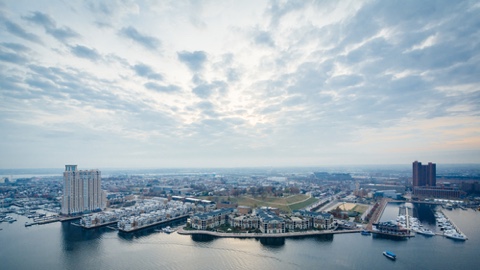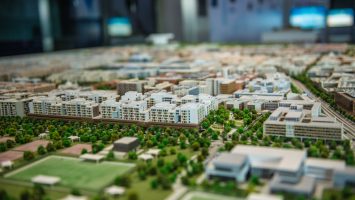
The Environmental Protection Agency (EPA) launched the Smart City Air Challenge earlier this year, challenging cities across the United States to collect data using air quality sensors. The cities of Baltimore and Lafayette have been awarded $40,000 each to help them develop and implement plans for collecting and sharing data from the sensors.
The Baltimore project will deploy 300 ozone and nitrogen EPA-backed sensors across several neighborhoods to collect data and use the Internet-based cloud to store it and then distribute its findings via a website. The project is a partnership between Johns Hopkins University, BmoreCool and the Baltimore Office of Sustainability.
The project in Lafayette will use commercially available products to design a network of 300 sensors for ozone and particulate matter with government and non-government organizations using the cloud to leverage the data collection. Partners in this project include the Lafayette Consolidated Government, the University of Louisiana at Lafayette and CGI Technology and Solutions.
After a year, the EPA will evaluate the two projects and award up to an additional $10,000 to the winning communities based on their results.
The EPA also recognized four projects for honorable mention:
- Healthy Mesa County & Mesa County Health Department: Smart City Air Challenge Solution, Mesa, Colorado
- Air Quality Crowd Sourcing Data in Minneapolis/St. Paul, Minnesota
- New York City Air Casting Project: EPA Smart City Air Challenge Solution, New York
- Citizen Science with Ground-Level Ozone Wearables Sensors (GLOWS) for Real-Time Pollution Maps Across the Research Triangle, North Carolina
“I firmly believe that data can make a positive difference in human health and environmental protection,” said EPA Chief Information Officer Ann Dunkin. “We are looking forward to working with these Smart City Air Challenge awardees and honorable mention communities to share knowledge about collecting, storing and managing large amounts of data.”


